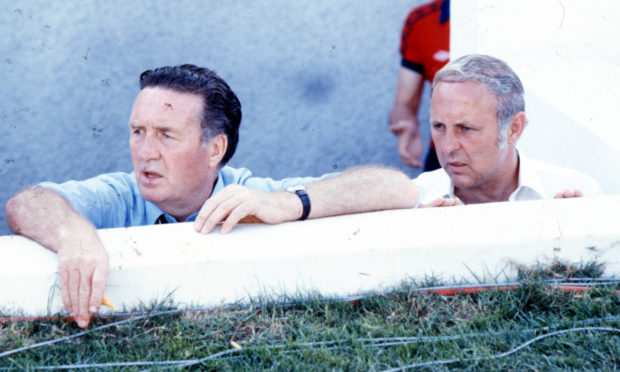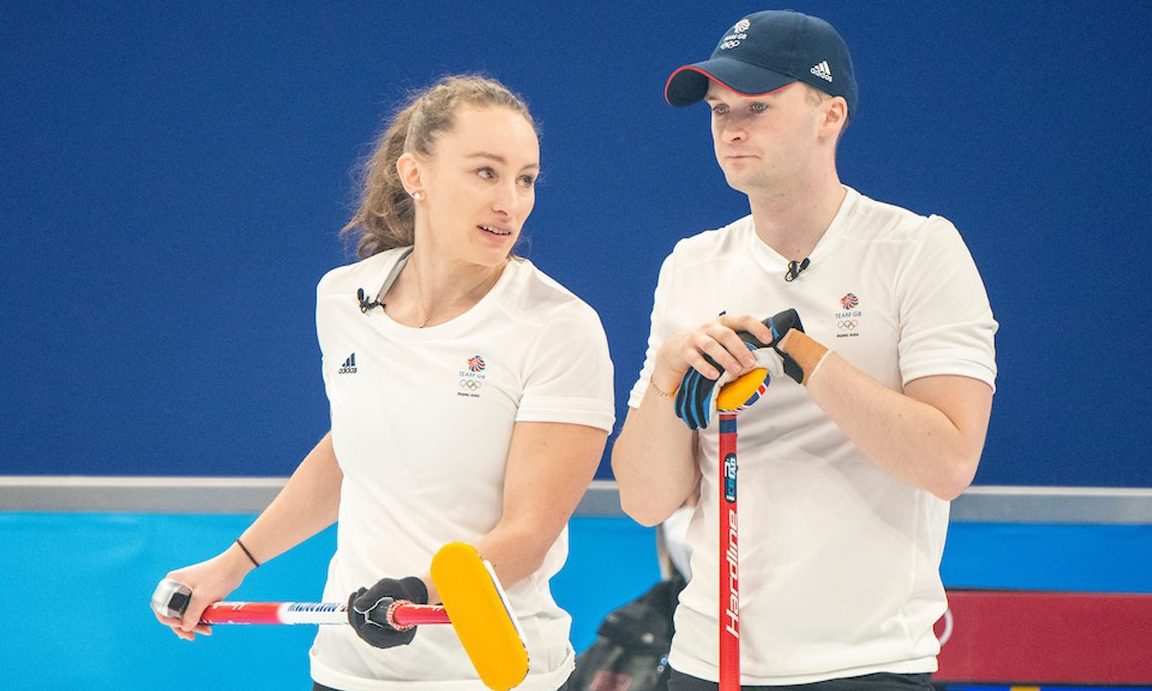Jim McLean’s remarkable achievements as manager at Dundee United are unlikely to be repeated at Tannadice.
However, in the week that United fans celebrated winning the Premier League title 37 years ago and with a book coming out to salute Jim’s football achievements, it might be managers forged in the McLean mould will soon be needed to replace football’s big-spending bosses.
It would seem incredible in a modern age that a club like United, with a McLean at the helm, and scant resources, could ever again reach a major European semi-final and final.
But with the game facing financial turmoil, managers who can make do on little money might be the future.
Things have altered dramatically since Jim was United boss.
The Bosman ruling let players leave without a fee after completion of their contracts, scuppering the chance to build and keep a team together, and huge television revenues allowed big clubs to stifle competition.
Yet suddenly the prospect of a time when football can’t pay the enormous wages which have so disfigured really meaningful competitive action may have arrived.
For all McLean’s well documented faults as a manager in the way he treated some players, the future may herald a return to managers of similar ilk.
Giants like Ferguson, Stein, Shankly, and Clough, who by force of personality, great coaching, tactical knowledge, motivational abilities, and crucially, being granted time, might become dominant figures again if less money is available.
Managers who can spot a player, coach them, coax the best out of them, and carve a great career for them without access to multi million pound bank balances may once again find themselves in favour.
Brian Clough took John Robertson, an ample-hipped and chunky wide-player, and transformed him into a winger able to destroy the best full-backs in Europe, with a drop of his shoulder and a swift shuffle of his feet.
The talent was there but it needed Clough’s innate nous to turn what some saw as a journeyman player into a master craftsman.
Jim McLean coached both Davie Dodds and Paul Sturrock into demon strikers, who developed a range of skills which tested the best defenders in football.
Great managers have an indefinable quality which harnesses the talents of players in a way that other bosses, even those with access to serious cash, can’t match.
The game may resume normal service after this current crisis is over, but it might not.
Splashing crazy money through favoured agents to sign players on daft wages may kick off again, but if it doesn’t, clubs will require smarter managerial operators with a wide range of skills.
McLean built great sides as did Clough, with players who many rated no better than average, yet were constructed into uniquely gifted teams, with the ability to beat opponents who on paper looked superior.
No-one knows the future, but if the finances of the game change as dramatically as seems possible, then we may have to go back to the future, for managers with a breadth of knowledge as wide as that generation of greats.
TALKING FOOTBALL PODCAST: Jim McLean – Dundee United’s managerial genius










